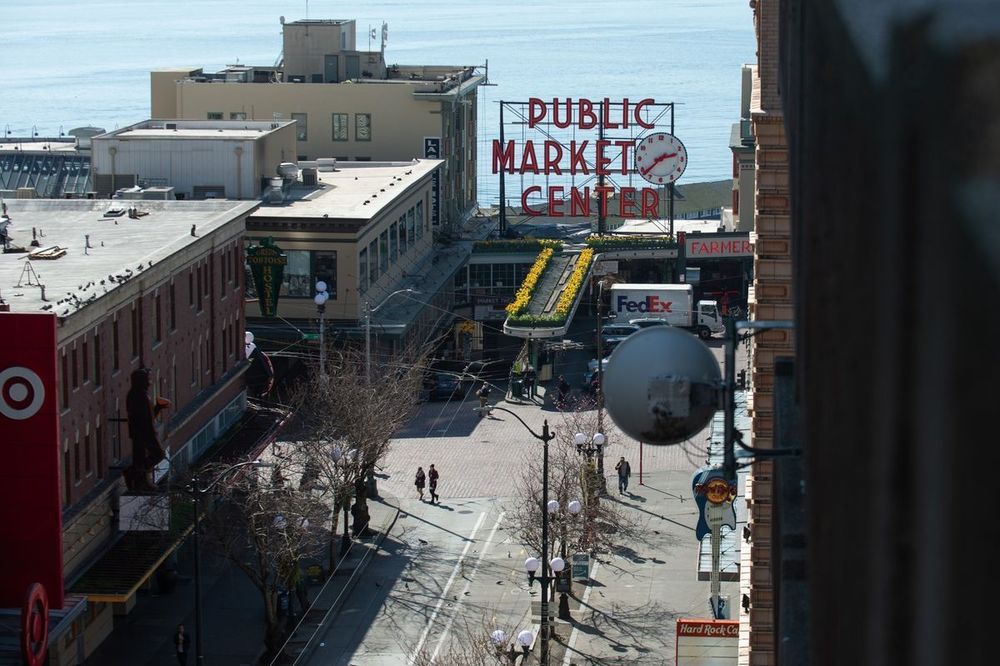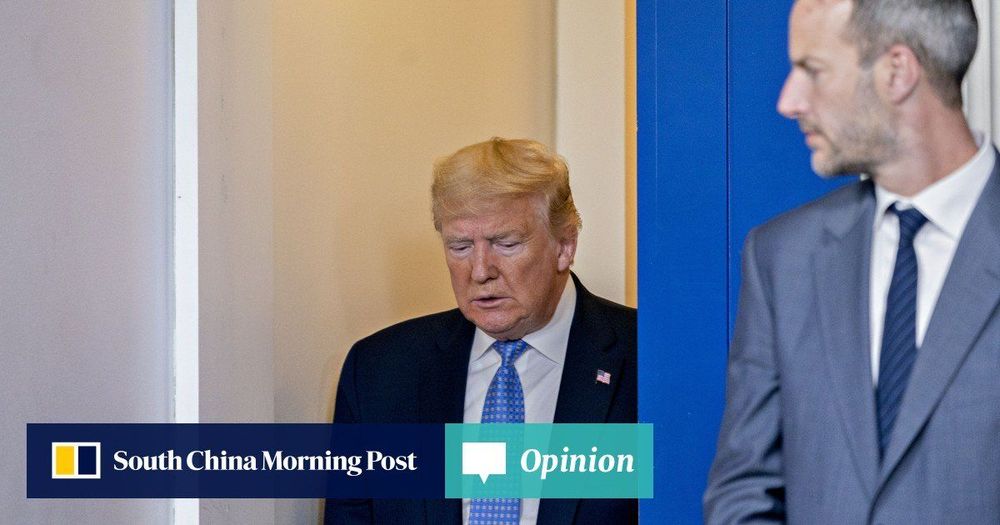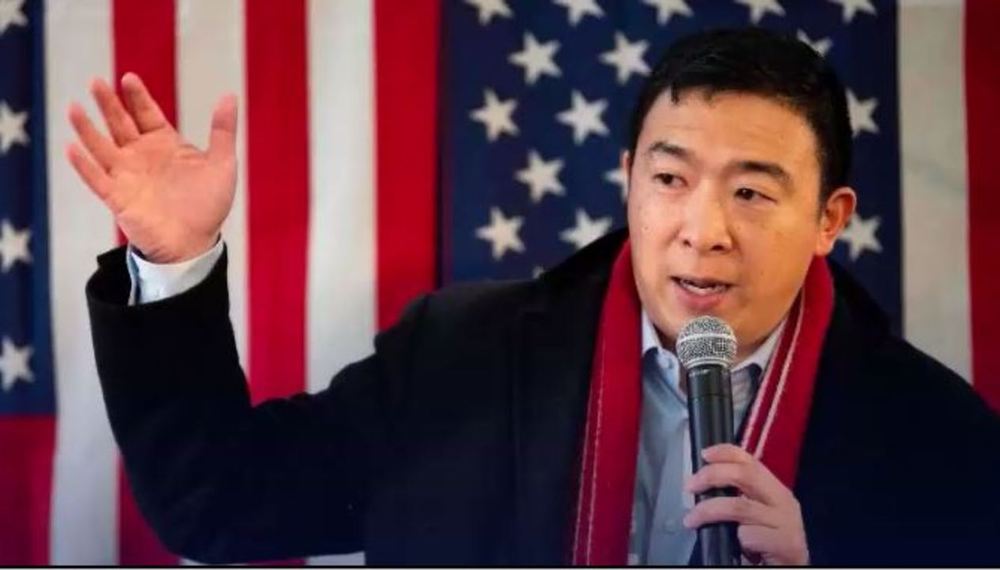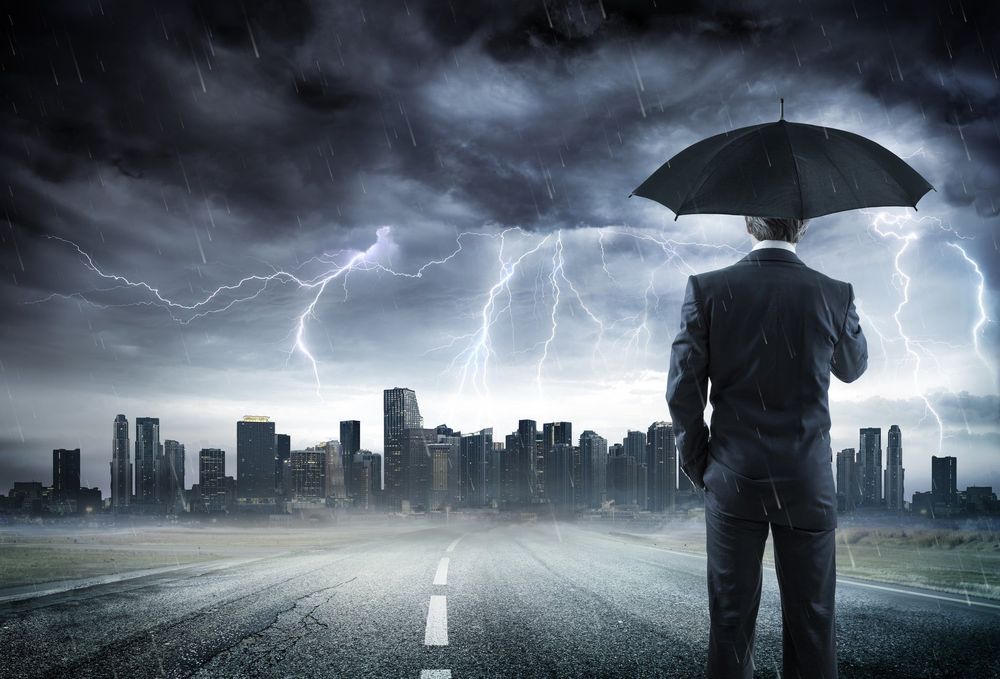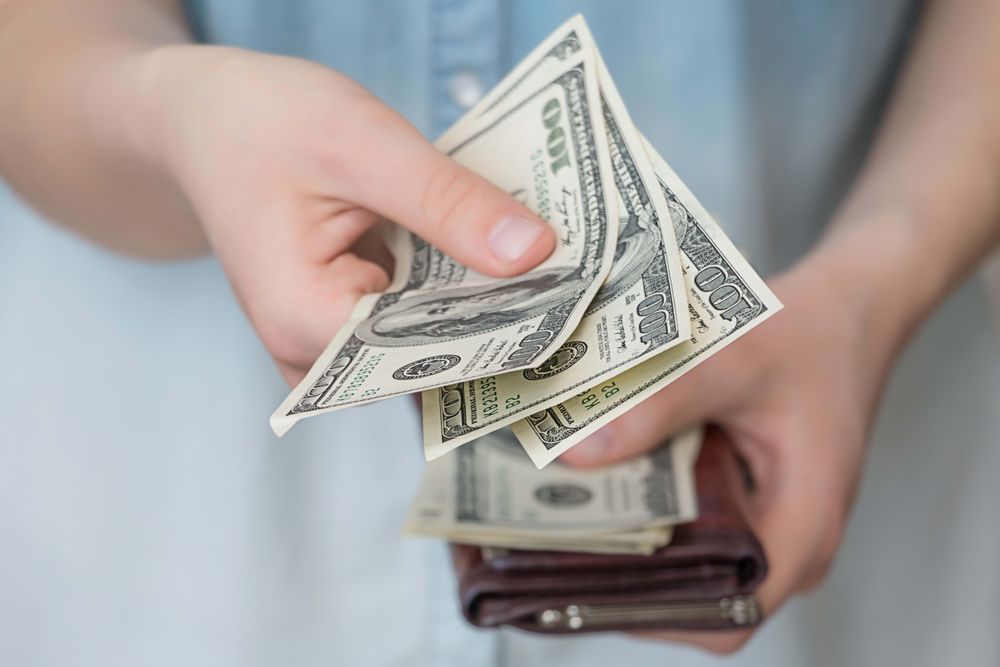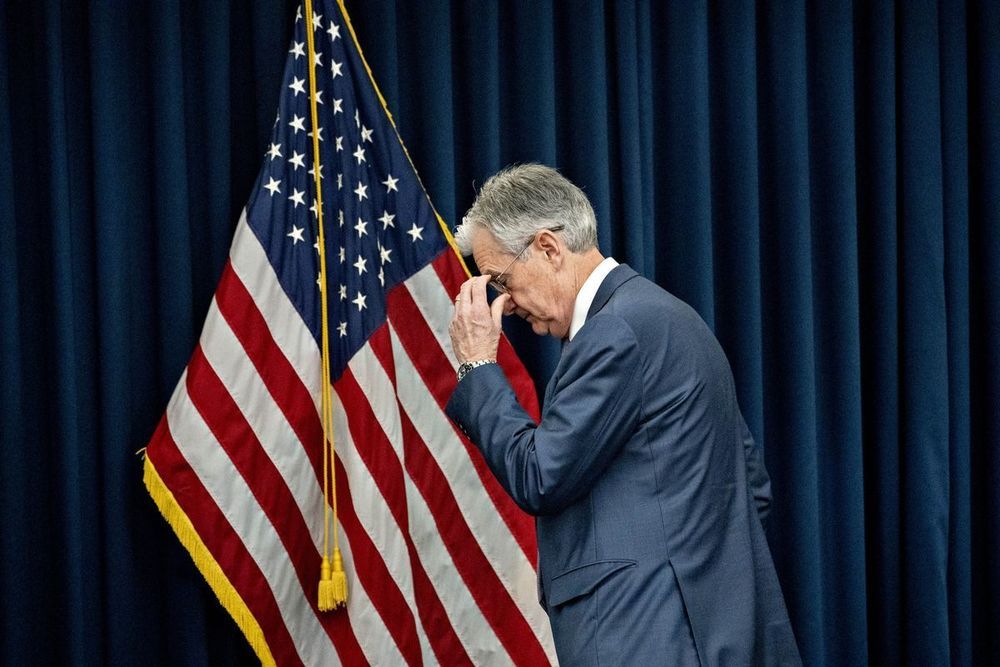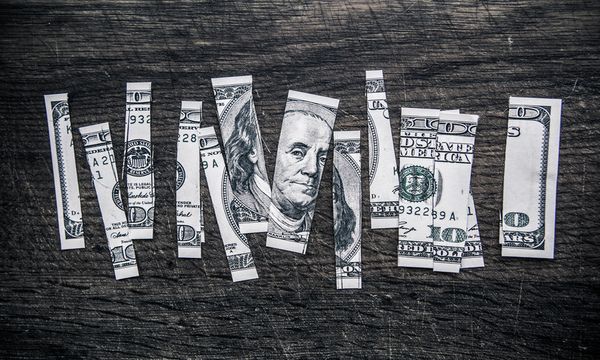
Coronavirus’s economic danger is exponentially greater than its health risks to the public. If the virus does directly affect your life, it is most likely to be through stopping you going to work, forcing your employer to make you redundant, or bankrupting your business.
The trillions of dollars wiped from financial markets this week will be just the beginning, if our governments do not step in. And if President Trump continues to stumble in his handling of the situation, it may well affect his chances of re-election. Joe Biden in particular has identified Covid-19 as a weakness for Trump, promising “steady, reassuring” leadership during America’s hour of need.
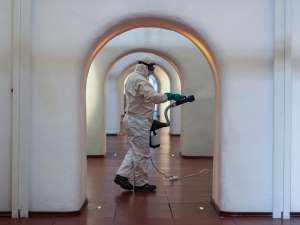
© Provided by The Independent Worldwide, Covid-19 has killed 4,389 with 31 US deaths as of today. But it will economically cripple millions, especially since the epidemic has formed a perfect storm with stock market crashes, an oil war between Russia and Saudi Arabia, and the spilling over of an actual war in Syria into another potential migrant crisis.

